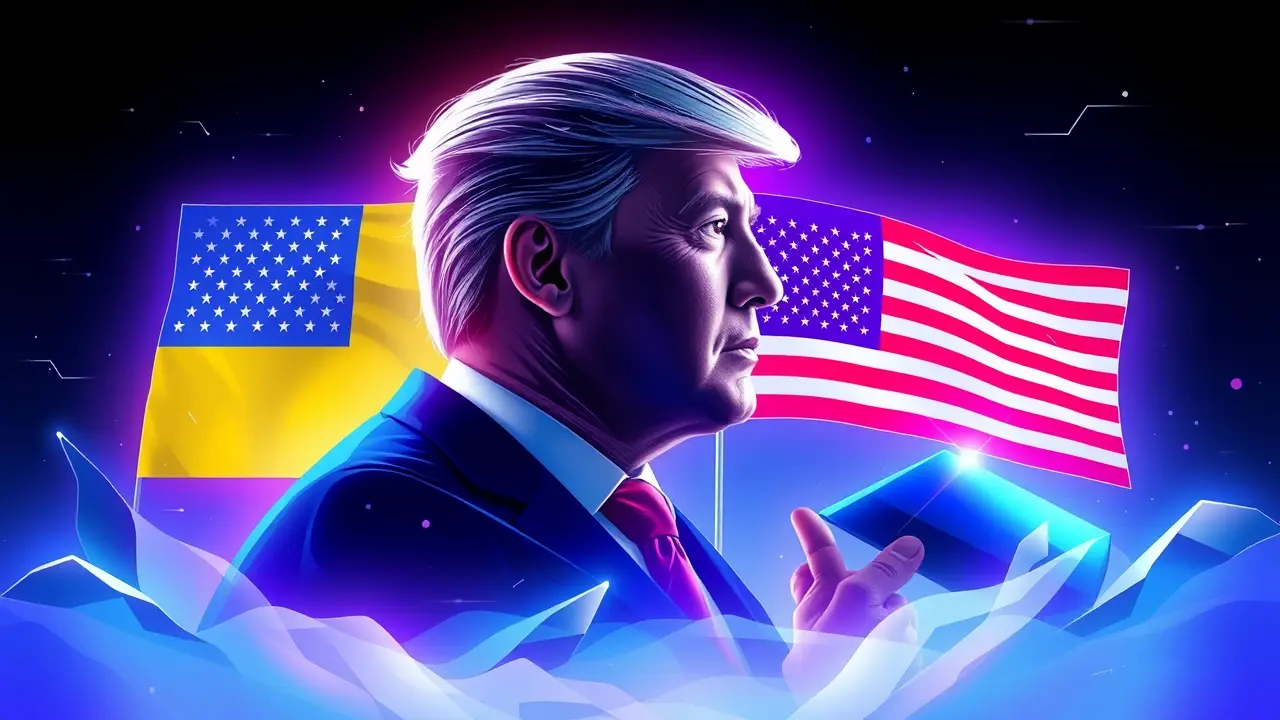Trump Halts US Aid to Colombia Amid Diplomatic Spat
The diplomatic relationship between the United States and Colombia, historically a cornerstone of regional stability, has been plunged into unprecedented crisis following a series of explosive developments that reveal a stark departure from traditional statecraft. The immediate catalyst was a characteristically incendiary post from former President Donald Trump on his Truth Social platform, where he bypassed all diplomatic decorum to label Colombian President Gustavo Petro an 'illegal drug dealer.' This verbal grenade, lobbed into the already tense bilateral atmosphere, was swiftly followed by the concrete policy decision to suspend U. S.aid to Colombia, a move that threatens to unravel decades of carefully constructed partnership centered on the long-running 'War on Drugs. ' The timing of this diplomatic rupture could not be more volatile, coinciding with emerging and deeply troubling reports from the coastal region of Santa Marta, where a local fisherman was allegedly killed by the U.S. navy, an incident that is sure to inflame Colombian public opinion and hand Petro a powerful nationalist rallying cry.To understand the seismic nature of this spat, one must look beyond the headlines and analyze it as a masterclass in modern political warfare, where social media provocation, hard power projection, and domestic political calculations are inextricably linked. For Trump, this attack serves multiple strategic purposes: it reinforces his tough-on-drugs, America-first persona for his domestic base, directly challenges a leftist Latin American leader he views as antagonistic, and signals a broader willingness to weaponize foreign aid to compel compliance.For Petro, a former M-19 guerrilla militant turned president, Trump's assault provides a potent opportunity to galvanize his own supporters, frame the U. S.as a bullying neo-colonial power, and distance Colombia from Washington's orbit, potentially seeking closer ties with China or Russia. The suspended aid, which historically has flowed into counter-narcotics operations, military training, and rural development programs, is not merely a budgetary line item; it is the lifeblood of a vast security apparatus.Its sudden cessation risks creating immediate power vacuums in coca-growing regions, potentially emboldening armed groups like the ELN and the Gulf Clan, and jeopardizing hard-won security gains. The Santa Marta incident adds a layer of profound human tragedy and geopolitical friction, echoing past grievances over U.S. military presence and sovereignty, and will undoubtedly be leveraged by the Petro administration to demand accountability and justify a more independent foreign policy.This is not a simple diplomatic disagreement; it is a fundamental recalibration of a key hemispheric alliance, played out through the abrasive, media-savvy tactics that define contemporary political conflict, with consequences that will ripple through the Andes and shape U. S. influence in Latin America for years to come.
RA
RandomNickname6 hours ago
wait what is even happening anymore this is wild
0
© 2025 Outpoll Service LTD. All rights reserved.
